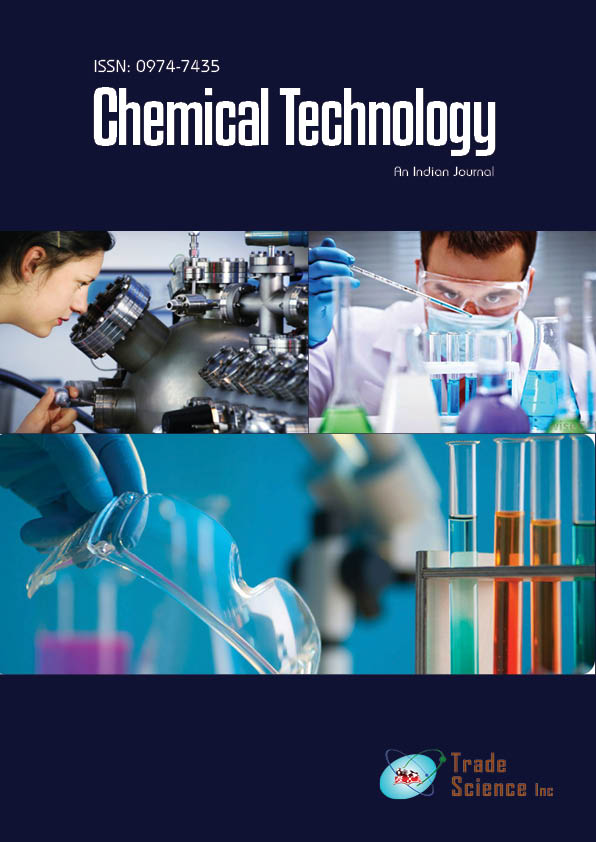Abstrato
Kinetics and Thermodynamics Characterization of Pleurotus Eryngii MTCC 1798 Xylanase and Fusarium Oxysporum MTCC 3300 Xylanase: A Comparision
K. R. Sugumaran, S. N. Srivastava and V. Ponnusami
This study investigates the potentials of Pleurotus eryngii and Fusarium oxysporum fungal species to produce xylanase, an industrially important enzyme. The xylanase was produced in a batch fermenter using starch as carbon source at pH 6.5 and pH 5.5, respectively for P. eryngii and F. oxysporum. Maximum enzyme production was achieved on fifth day and third day for P. eryngii and F. oxysporum, respectively. Effect of pH, substrate concentration, and temperature on enzyme activity was studied. Batch enzyme kinetics was studied using Michalis-Menton model. The values of Km and Vm were found to be 1.45 U/mL, 7.21 mg/mL respectively for P. eryngii xylanase and 0.4 U/mL, 1.43 mg/mL, respectively for F. oxysporum xylanase by line-weaver plot. Optimum pH for xylanase reaction was found to be 6.5 for both Pleurotus eryngii and Fusarium oxysporum. Optimum temperatures for xylanase from Pleurotus sp., and Fusarium sp., are found to be 60oC and 50oC, respectively. Thermodynamic parameters such as activation energy for xylanase activity were determined to be 28.093 and 37.155 KJ/mol from P. eryngii and F. oxysporum. Thermodynamic parameters such as enthalpy change of activation (ΔH*), entropy change of activation ΔS* were also determined. Half life was obtained as 30.13 min for xylanase by P. eryngi and 26.65 min for F. oxysporum at 90oC. This shows that among these two enzyme produced P. eryngi xylanase had shown better thermal stability.
